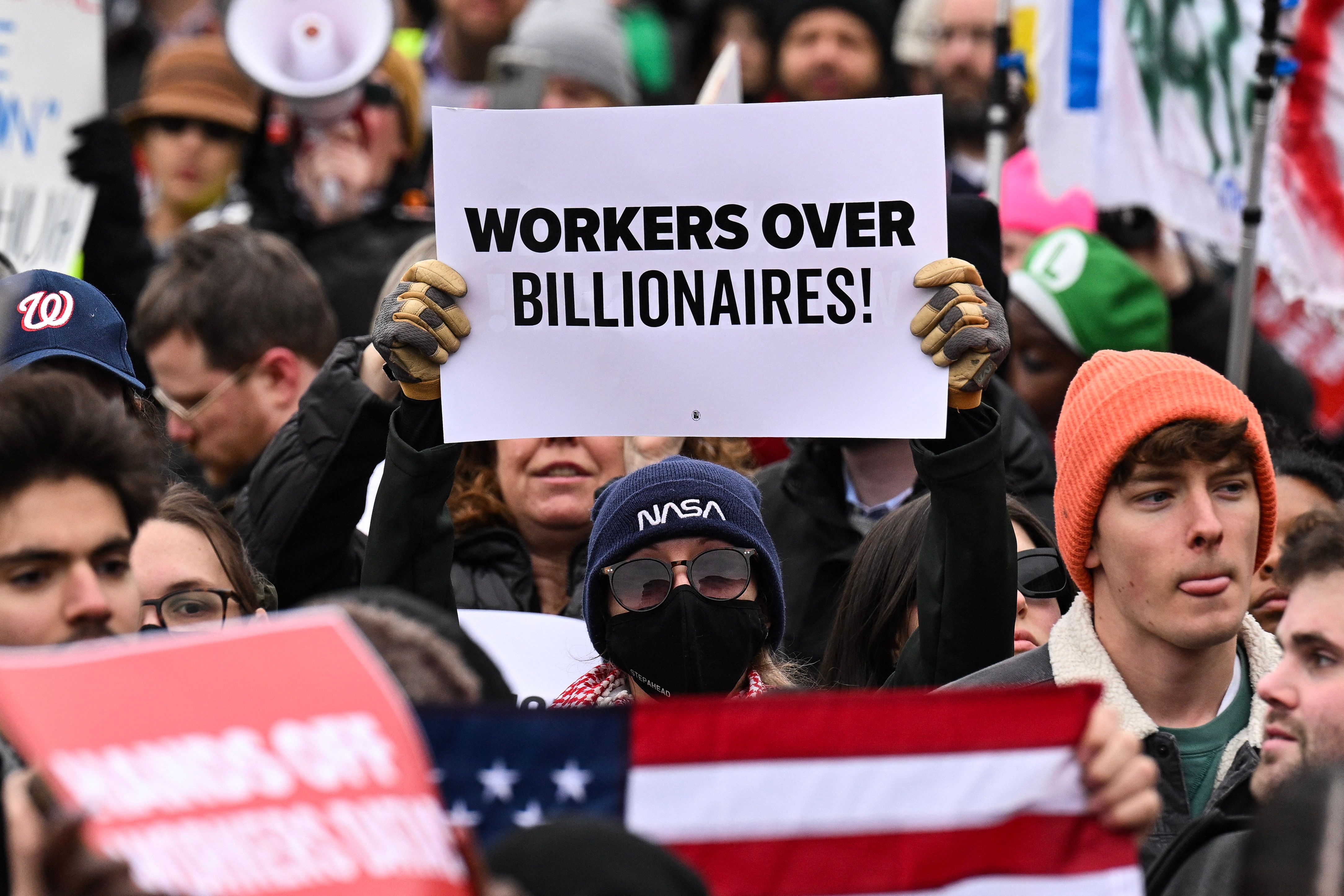Elon Musk has said his work as chief cost-cutter for the Trump administration would yield $150 billion in savings, a significant reduction from earlier estimates that had reached as high as $2 trillion.
"I'm excited to announce that we anticipate savings in fiscal year 2026 from reduction of waste and fraud by $150 billion," Musk told US president Donald Trump at a White House cabinet meeting on Thursday that was open to the media.
Musk, the world's richest person, said the cuts "will actually result in better services for the American people."
The Tesla tycoon, who is Trump's advisor on sharply reducing federal spending, had claimed recently that savings achieved by his Department of Government Efficiency [DOGE] would be a trillion dollars.

DOGE's cuts
Musk's role at the White House, which is slated to end next month, faces criticism in part because his companies have had huge US government contracts.
The DOGE reform team has gained access — through the US Treasury — to sensitive data.
At the cabinet meeting, Trump said Musk's DOGE teams were "fantastic" and urged them to stay in place for the "long haul" to carry out more cost-cutting.
Among DOGE's cuts, thousands of federal grants have been terminated to date, saving $32 billion. The agency has significantly disrupted USAID, claiming substantial savings by dismantling its operations.
The government also canceled hundreds of leases, freeing up $400 million, and scrapped over a hundred contracts worth $4.7 billion — netting about $3.3 billion after accounting for obligations.
Some of the standout cuts by DOGE included $1 billion in diversity, equity, and inclusion (DEI) contracts across agencies.















